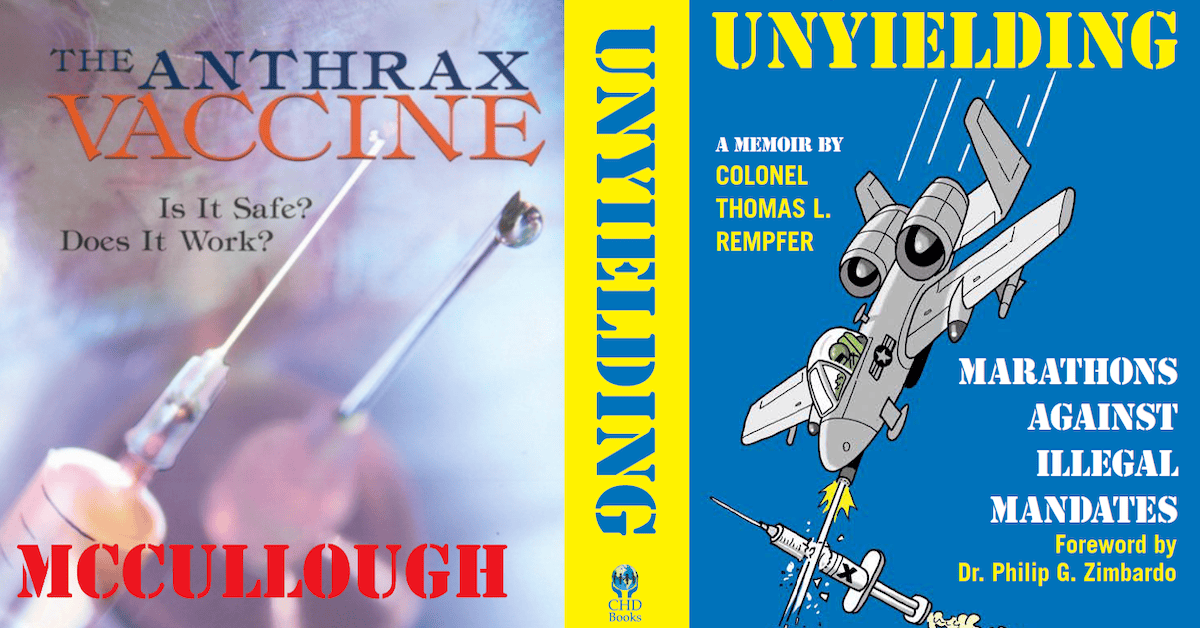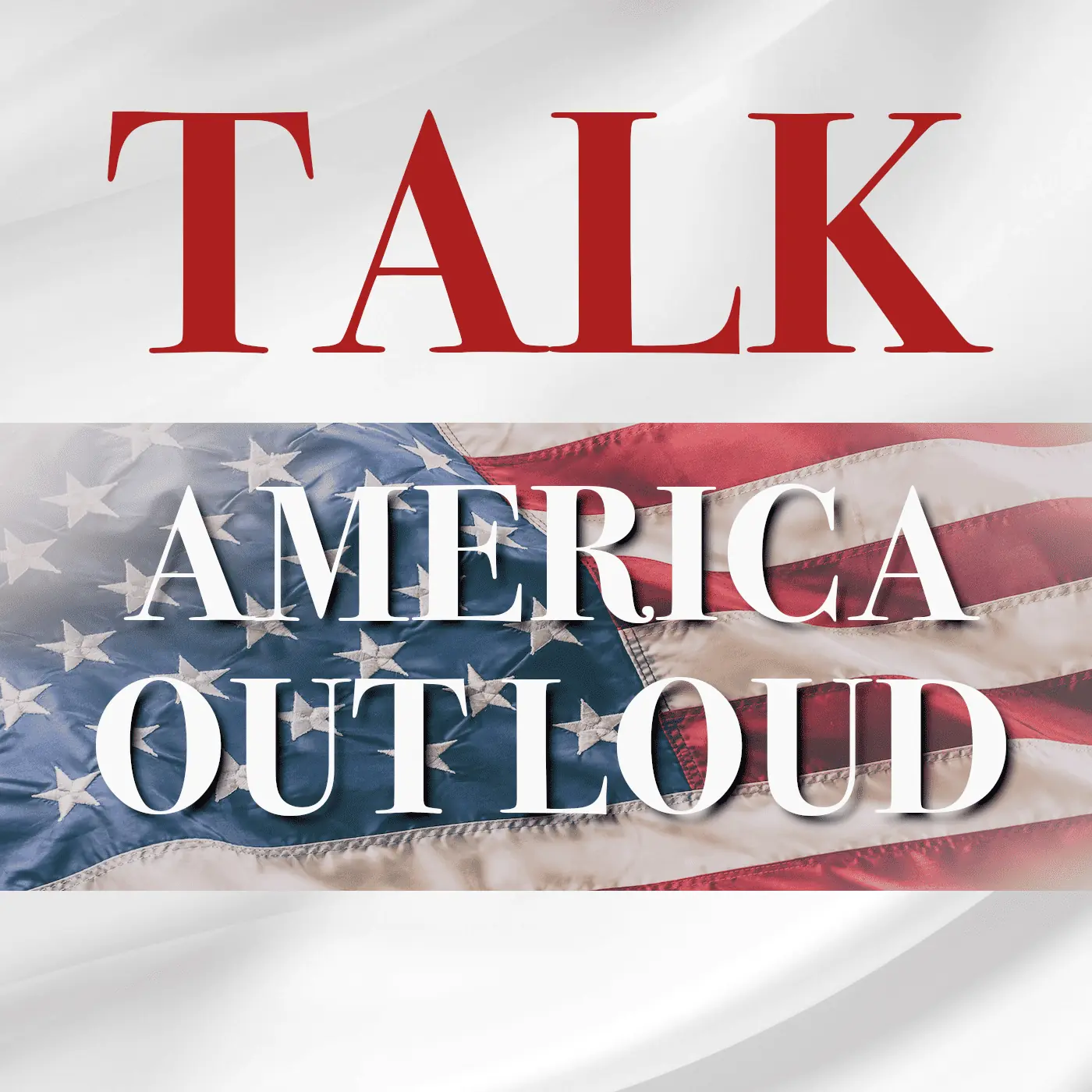If you really want to have an interesting conversation, ask someone what they think an economy is for or what they believe the purpose of an economy is.
One answer you’ll hear is something along the lines of “to ensure that available resources are used optimally by minimizing costs and maximizing benefits.” Another answer you’ll hear is something along the lines of “to feed and clothe the people” or “to take care of the people’s basic needs.”Perhaps you’ll hear the only slightly less idiotic, “to decide how scarce resources are used so that goods and services can be produced and consumed.”You might even hear, “to oversee the organization of goods and services in terms of production, distribution, and consumption.”
Any of these, along with a million variations of each, can be found in any college-level macroeconomic textbook. All of those answers are wrong. Truth be told, I have never seen the correct answer in any textbook unless you consider Thomas Sowell’s Basic Economics to be a textbook (which it should be, but I have never seen it used as one).
The truth is that an economy has no central purpose. Assigning a central purpose to an economy completely loses sight of what exactly an economy is.
If you look in the dictionary, the relevant definition for the word ‘economy’ will sound something like “the wealth and resources of a country or region, especially in terms of the production and consumption of goods and services.”Sadly, while that really is what dictionaries say, it’s not a very good definition. Here is a better one: “Everything everyone does within a given country or region, especially in terms of the production and consumption of goods and services.”
Note, too, that the ‘especially’ part is redundant, as everything we do relates to the production and consumption of goods and services. Even when we sleep, we gradually wear out our pillows and sheets, slowly consuming them such that they will eventually have to be replaced. As such, the simplest correct definition for the word ‘economy’ would be ‘the aggregate of everything everyone in a given country or region does.’
And this means, by extension, that when governments seek to control the economy, what they really seek to control are the people.
We collectively are the economy.
There will always be some legitimate government activity related to the economy. To me, the question is not one of ‘how much’ the government should be in the economy but rather what kinds of things the government should do in relation to the economy.
Some of the things governments are supposed to do will drive economic activity, such as buying and equipping aircraft carriers, but when it comes to regulating the economy, or more to the point, when it comes to regulating the companies and people acting within the economy, the government only has two legitimate purposes:
- To promote and protect the efficiency of the markets, and
- To provide for those legitimate societal needs that run counter to market efficiencies.
The first role is fairly straightforward. Markets tend to move toward higher levels of efficiency over time on their own, but in a truly efficient market, consumers know as much about products as producers do. Government has a role in enforcing truth in advertising laws, as doing so helps make markets more efficient. Government has a role in ensuring that consumers know the risks of using different products. The government can make sure companies use weights and measures accurately such that when you buy a gallon of gasoline, it really is a gallon. Government provides currency to act as a stable holder of agreed-upon value. These are but examples of things the government does to make the economy more efficient, and where the government can make markets more efficient, it should do so.
The second role is more nuanced. Note the use of the phrase ‘societal need’ rather than ‘individual need.’ The government should not provide for individual needs but only for societal needs. Also, any need that can be provided by the market economy should be. This still leaves roles for government, such as in environmental protection. There may be other legitimate societal needs that run counter to market efficiencies as well. Rational people can debate what specific things may or may not qualify.
Whenever the government performs the second role, it should remain mindful of the first. Government regulations should always be designed to have as little negative impact on market efficiencies as possible.
I rarely advocate for new government agencies, but we probably should have an agency that works with Congress to strike down regulations that do not fit within these two roles, and to try to constantly make regulations more efficient wherever they truly are needed.
I would also suggest that regulations should be applied at the lowest level practical. Each state should protect its own environment within its own borders. The federal EPA should only worry about pollutants that cross state lines. California should decide what Californians consider ‘legitimate societal needs that run counter to market efficiencies.’ California should not decide what that means in Michigan, and most certainly, California should not try to make its bone-headed ideas federal to prevent people from moving out from under them.
Needs should be addressed at the state or local levels whenever practical.
There is no third legitimate purpose – everything else the government does to regulate us just gets in the way, benefitting some (including the government officials who sell regulatory power to the highest bidder) while slowing the economy down overall to hurt the public as a whole.
Government is a necessary evil, but it is not your friend, and when people start to use the government as a substitute parent or spouse, we find that though we can give the government the power to act in such a capacity, the government has no love for the people and will consistently abuse that power.
The government will always work to abuse its legitimate powers too, but at least when the government is limited to its legitimate powers, its ability to abuse is limited. Without limitations the government will trend toward totalitarianism, corrupting everything it gets control over.
And today, our government has control over every aspect of the human condition, making every aspect of our lives corrupt.
Note, too, that when the Federal Government operates outside its two legitimate purposes, it also, by definition, is operating outside the ‘general Welfare.’
Article One, Section Eight of the United States Constitution opens with, “The Congress shall have Power to lay and collect Taxes, Duties, Imports, and Excises, to pay the Debts and provide for the common Defense and general Welfare of the United States; but all Duties, Imposts, and Excises shall be uniform throughout the United States.” Article One, Section Eight then lists all of the specific powers the legislature has in relation to that one sentence.
‘General Welfare’ is an important concept in the Constitution, but the phrase is not a power unto itself. ‘General Welfare’ is but a description of what the government’s power is to be used for. The Federal Government cannot willy-nilly do whatever it wants pertaining to interstate commerce, for example. It can spend money on interstate commerce only to provide for the ‘common Defense’ or to enhance the ‘general Welfare’ of the country. Giving Ford nine billion dollars to force it to build more EVs may be for the specific welfare of some pet project, but it has nothing to do with the ‘general Welfare’ of the country, and though the government did give Ford nine billion dollars (without which Ford would not exist thanks to government mandates related to EVs), doing so was grossly unconstitutional.
Sadly, the vast majority of things the Federal Government does today are things that it has absolutely no legal power to do and is, in fact, expressly forbidden from doing by the 10th Amendment.
The measurement that matters most when looking at our economy is not GDP but rather how much of all economic activity is driven by actual consumer demand and not government regulations and/or other manipulations in the market, and I can tell you whether or not we are heading in the right or the wrong direction overall based on that one metric alone. I can’t tell whether or not we will have a recession in a month or a year with that metric, but the level of government manipulation in the economy has a HUGE impact on everything that happens long-term.
We get periods of growth and recessions in healthy as well as unhealthy economies. Growth periods tend to be smaller and shorter (and driven by bubbles) in unhealthy economies, whereas recessions tend to be deeper and more common. Healthy economies will have longer and stronger periods of growth. Downturns in healthy economies tend to be shorter and shallower than in unhealthy economies.
When the economy is healthy, growth is driven by actual changes in the economic environment, such as new inventions that make work more efficient, making lasting gains that don’t burst somewhere down the road. Whenever the government is too heavily involved in the economy, growth is driven by bubbles which eventually pop, plunging the economy into recession.
Our nation’s founding fathers were smart, educated men. They understood the nature of government and gave us a framework not only to have a government that stayed in its lane but to have a reasonable chance at keeping it there. The Federal Government immediately began to expand beyond its constitutional powers, but up until FDR that growth was slow, accounting for only 3.6% of GDP in 1930. The real growth occurred under FDR and under Presidents after FDR, with Reagan and Eisenhower being the only US Presidents since to reduce the size of government as a percent of GDP and Eisenhower the only President since to reduce the size of government in real terms.
Today the Federal Government is involved in virtually every economic decision every American makes, from the type of stove they can buy to the type of cars automotive companies can sell.
Today the Federal Government of the United States is a criminally corrupt organization that must be overthrown, and if it cannot be overthrown at the ballot box, it must be overthrown by other means.

























